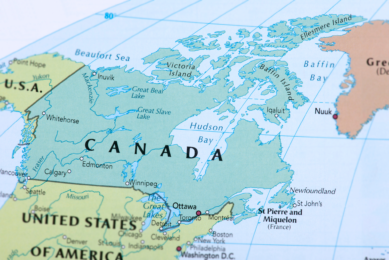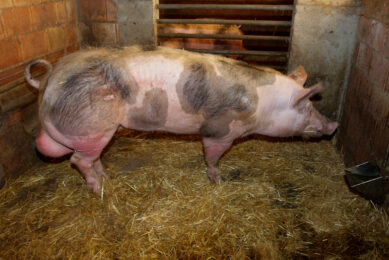Canadian Gov. helps livestock producers affected by excess moisture
The Government of Canada is again helping livestock producers in Manitoba and Saskatchewan who have been struggling as a result of excess moisture, by expanding the list of designated areas eligible for tax deferrals.
“The spring and summer of 2010 were very challenging seasons for our farmers in the Prairies due to the extreme weather conditions they faced,” said Agriculture Minister Gerry Ritz. “By adding these regions to the list of eligible municipalities for the tax deferral program, we are helping more farmers who are struggling with the results of the wet and cold conditions.”
The tax deferral allows eligible producers in designated areas to defer income tax on the sale of breeding livestock for one year, to help replenish breeding stock in the following year. Proceeds from deferred sales are included as income in the next tax year, when they may be at least partially offset by the cost of reacquiring breeding animals. In the case of consecutive years of designation, producers may defer sales income to the first year in which the area is no longer designated.
To defer income, the breeding herd must have been reduced by at least 15 percent. If this is the case, 30 percent of income from net sales can then be deferred. In cases where the herd has been reduced by more than 30 percent, 90 percent of income from net sales can be deferred.
Following the November 5, 2010 announcement, assessment of the excess moisture situation continued as more data about forage yields were known. With the additional information on the impacts of high rainfall, flooding and saturated soils on forage production and feed supplies made available, tax deferral areas were expanded.
Eight municipalities in south-west Manitoba and one municipality in north-west Manitoba have been added due to excess moisture conditions resulting in poor yields and feed shortages.
One additional municipality in central Saskatchewan was added due to the large amounts of pasture land under water or inaccessible.
Eligible producers will be able to request this deferral when filing their 2010 income tax returns. Livestock producers are advised to contact the Canada Revenue Agency for details on the income tax provisions.
In addition to tax deferrals, existing federal-provincial Business Risk Management programs, such as AgriInsurance (crop insurance), AgriStability and AgriInvest, will significantly help producers manage the impact of this natural disaster as the first lines of defence to address income shortfalls.
For more information on the extent of the excess moisture situation or programs to assist farmers, or for a complete list of designated areas for the 2010 Tax Deferral Program, see the AAFC Drought Watch site at www.agr.gc.ca/drought.











